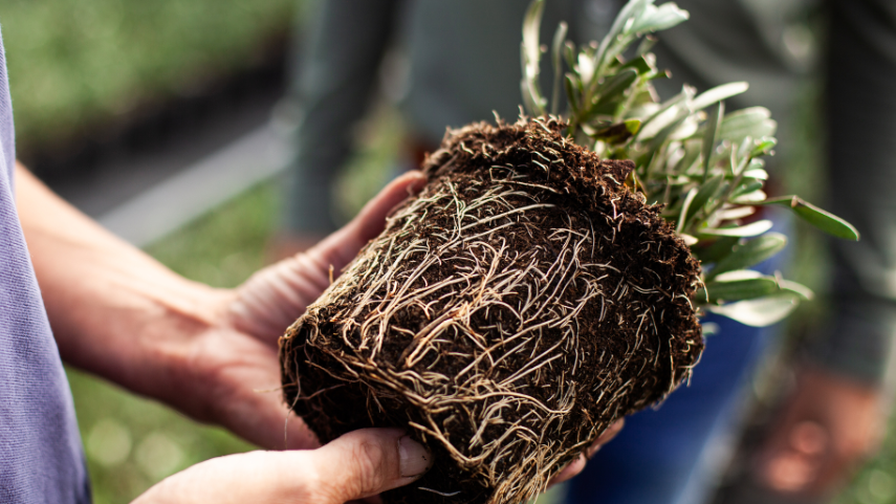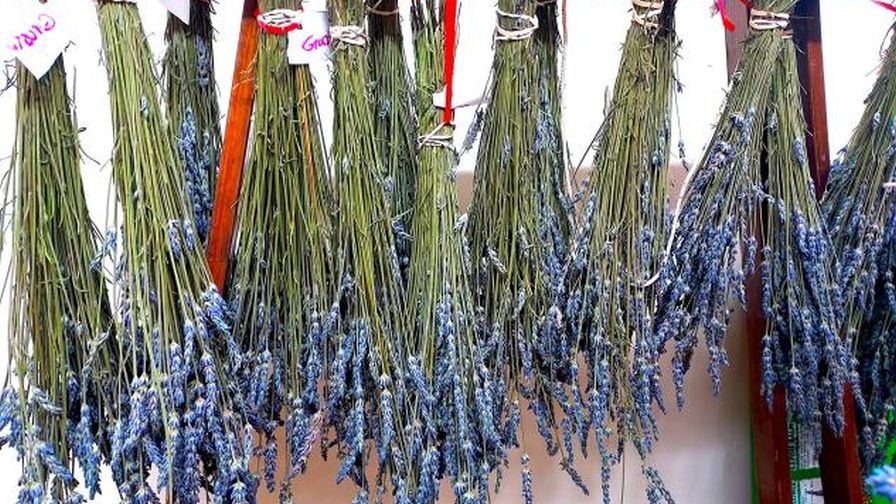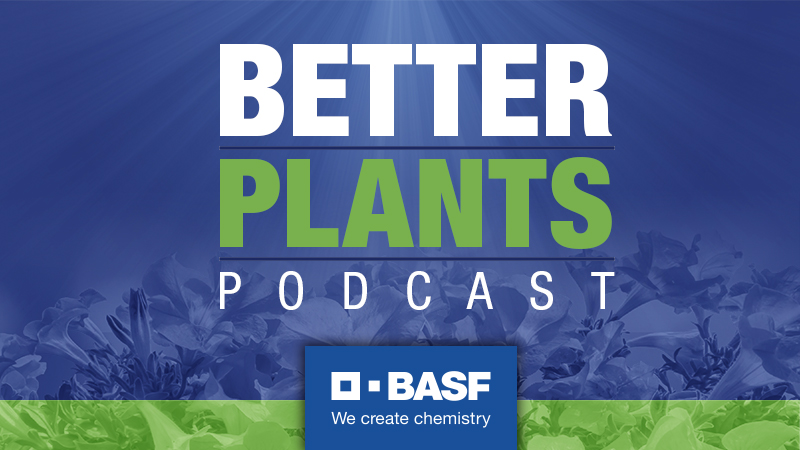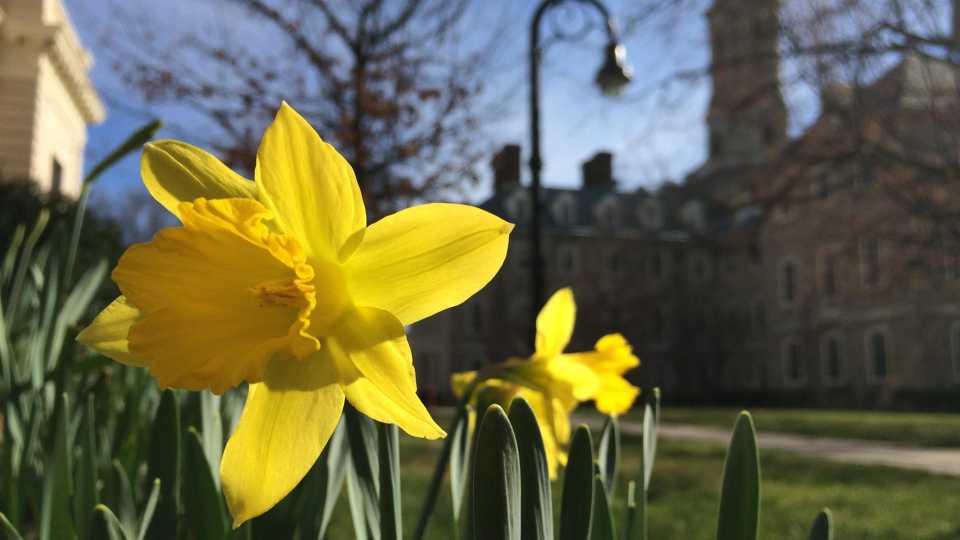Freakynomics
In the Dec. 10, 2007 issue of Fortune magazine, Stanley Bing wrote an article with the title "Freakynomics." It is a great spoof of all that the so-called financial experts are predicting, everything from recession to depression, stagflation to inflation. His subtitle is "Getting Your Finances Squared Away For The End Of The Year World."
I believe Bing hit the nail on the head when he finished his article with this statement: "If I don’t believe everything, it’s possible, just possible, that I might end up believing nothing. That would be bad, wouldn’t it?"
I certainly wouldn’t count on financial experts to tell me what to do. Many believe that they have caused the recession, depression and unstable financial situation.
The "experts" have pushed sub-prime mortgage markets, student loan schemes and death bond loan scams. They even have developed a scheme where interest rates can be over 100 percent a year and still be legal. In the good old days, if you loaned money at over 11 percent, you could be prosecuted for violation of the usury law.
At the very least, many of these financial institutions have been deceitful and in many cases criminal. Look at how many people they have put into foreclosure or bankruptcy. Would you trust your business or your personal wealth to the advice of these people?
The simple facts are that you have to take care of your own financial matters and if you seek professional advice, the advisors had better be working for you and not a financial institution or lender.
Recession-Proofing Your Business
I’ve heard a significant statement repeated whenever people tell us that we are in a recession. It goes something like this: "We had a meeting of our company management and staff and voted not to be part of the recession." The businesses that have this attitude have the best chance of surviving whatever happens this year.
The question is still asked, "Is floriculture recession-proof?" In most cases the person who poses this question is only considering the financial aspect of a recession.
I would make the point that a financial recession is only one of the possible recessions that can be encountered by people in floriculture. Here are five other factors that can cause a floriculture recession:
1. A "Weather" Recession
Most growers have a window of 10 to 12 weekends to sell over 80 percent of their product. Each rainy, cold or snowy weekend can cost a large grower millions of dollars. While financial recessions require two to three periods of poor financial data and are usually reported three to six months later by economists, we in floriculture know if a weather recession hits within days of its occurrence.
When every weekend is great, we make great sales and have a good year. Two or three poor weekends mean we might realize 70 to 80 percent of possible sales, and more than three may mean that we reach 50 percent or less of our sales goal. Therefore, the weather can have a greater effect on our business than a financial recession.
The weather can also affect our sales when our customers are not able to use our product because of lack of water or weather-related events that have destroyed their homes. Weather can have an inflationary, stagnationary, recessionary or depressionary effect on our business.
2. An "Availability" Recession
If we produce too much of our product, prices decrease and our profits decrease as well. This could lead to a recession. If we don’t produce enough of our product, it should command a higher price, but usually we are afraid to increase the price. Thus, we have total fewer dollars of revenue and, again, a recession situation.
You might want to go to a supermarket and see what’s happening to food prices this spring and summer. The prices of some items, frozen food products for example, have increased by more than 30 percent. Fresh vegetables have also increased in price. A head of lettuce is $1.29 or more. Garlic costs three for $1. Sweet potatoes are 99 cents a pound.
The use of agricultural products for energy has diverted them from food production. The prices of beef and other meats have increased significantly. This will certainly lead to inflation in the cost of food.
If these areas of agriculture can increase prices, why can’t we? We suffer all of the same increases in costs. We can’t afford to swallow them ourselves and still survive.
3. A "Labor" Recession
Labor will also be affected by the recession in the overall economy. There are many people looking for jobs, but they want full-time jobs with benefits. Since we are a seasonal industry and many times do not offer benefits, we will continue to struggle to find seasonal employees to do the jobs we need done.
The minimum wage is higher, thus the cost of labor is higher. This is an inflationary factor for our business. Some growers use farm labor groups to do piecework jobs in greenhouses or fields. The question is will your labor costs be reduced (recession), the same as last year (stagnation) or higher than last year (inflation)?
4. A "Transportation" Recession
Oil at $110 per barrel or more! Gasoline at $3.50 to $4.50 a gallon or higher. Diesel at over $4 per gallon. There certainly isn’t a recession in the oil industry, but because of the inflationary costs to growers, it certainly can cause a recession or depression in our business.
5. A "Customer" Recession
While the general economy is in a recession and some sectors are even in a depression, how will this affect the customers who buy your products? Will they buy less? Will they buy more?
I’m sure the product mix will change. More people will be looking for vegetables. They may not be looking for a $3 tomato plant in a six-inch container. They might be looking for 32-cell flat of vegetables they can mix and match to get a small vegetable garden of their own for less than $20.
Will the customer this year have time to garden? Will they buy the plants and the containers and put them together themselves to save money?
So, in reality, we have six factors that determine where we are in our business: the weather, our product, labor, transportation, our customers and our overall financial position.
As the owner or manager, you have to consider all these factors before you can determine where your business is. Is it in recession, depression, stagnation or inflation?
Here is a story that might put our situation in floriculture today into perspective. In the early 1900s, Henry Ford talked with many people, leaders from all segments of the economy at that time, and told them that he wanted to build and market a horseless carriage – a car. Most of them gave him advice. This was not the right time. There were no good roads. It would take too much time and money and wasn’t worth the effort.
If Ford had listened to his peers and the best thinkers of the day and did what they said, he probably would have raised the fastest horses in North America. Instead, he ignored their advice and built the Model T Ford, which revolutionized the transportation system all over the world.
His peers were pessimists. They said seeing is believing. Ford was an optimist and proved that believing is seeing.
Tough times will come and go. Tough floriculture growers will survive!
Watch out for all the recessions, depressions, stagnations and inflations that affect your business and personal life, and avoid those people that want you to worry about "Freakynomics."









